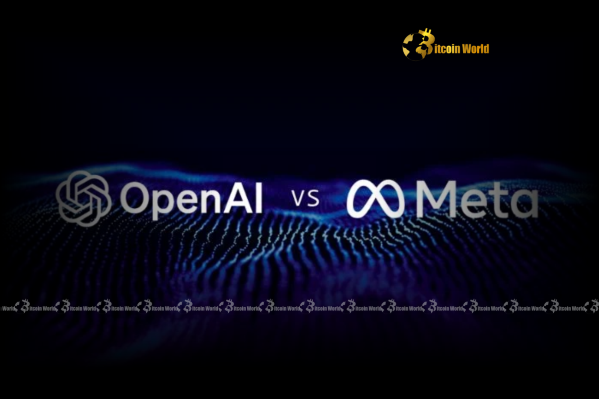Meta's Multi-Billion Dollar AI Investment Fuels Aggressive Talent Acquisition from OpenAI

Meta Platforms is intensifying its pursuit of top artificial intelligence talent, actively recruiting researchers from OpenAI amidst a heated industry-wide competition. This aggressive strategy, reportedly led by CEO Mark Zuckerberg, has seen several high-profile departures from OpenAI, prompting concerns about talent retention within the leading AI research firm. The move underscores Meta's determination to accelerate its AI capabilities and challenge rivals in the burgeoning generative AI sector.
Meta's significant investment in AI talent includes a recent $14.3 billion acquisition of a 49% stake in Scale AI, bringing its CEO, Alexandr Wang, to lead the newly formed Meta Superintelligence Labs. This substantial financial commitment, coupled with reported attempts to acquire companies like Safe Superintelligence for $32 billion, highlights Meta's resolve to build a formidable AI super-team. The company aims to integrate new recruits into a dedicated team focused on developing "superintelligence" that surpasses human cognitive abilities.
OpenAI CEO Sam Altman has publicly voiced concerns over Meta's poaching, and Chief Research Officer Mark Chen described the departures as feeling like "someone has broken into our home and stolen something." While initial reports suggested Meta offered $100 million signing bonuses, Meta has clarified that these figures refer to multi-year total compensation packages, not upfront bonuses. OpenAI's leadership is actively working to retain its top talent by recalibrating compensation and reinforcing its organizational culture.
The aggressive talent acquisition mirrors historical patterns, with Delip Rao e/σ stating in a recent tweet, > "Zuck today is following the same playbook as Bezos, when the latter launched Alexa in early 2010s and skimmed the cream of Nuance’s speech and dialog team." Rao observed that unlike Nuance, OpenAI faces a unique challenge in retaining highly sought-after engineers. Some industry observers view Meta's approach as "mercenary," raising questions among investors about the company's cash management and the long-term efficacy of such a talent grab.
This escalating AI talent war is reshaping salary norms across the tech industry, compelling companies to reassess their retention strategies. The tweet further advised concerned OpenAI talent to "leverage this situation to increase your cash (not stock) upside at OpenAI, accelerate vesting, or find other safe harbors." For outside observers, the tweet cautions that strong product launches are "lagging indicators of success," suggesting the true measure of success will only be evident "a few quarters down the line."